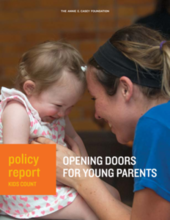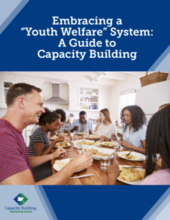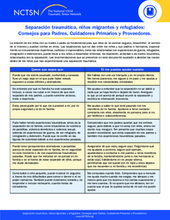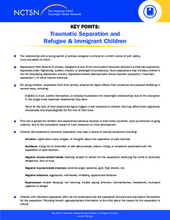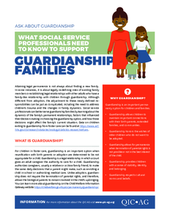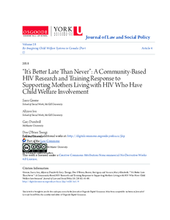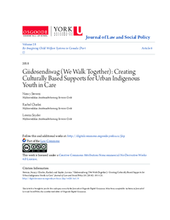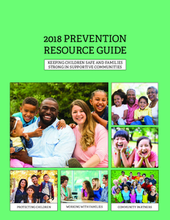Displaying 261 - 270 of 437
This report from the Annie E. Casey Foundation reminds policymakers and child advocates in the US of the barriers that young families face. It examines national and state-level trends — highlighting areas of opportunity and concern — and then shares potential solutions that can help these families thrive.
Because foster parents play a critical role in supporting children in foster care, who often have experienced trauma, the Casey Foundation developed ARC Reflections, a nine-session program that child welfare agencies can use to train foster parents to better care for children who have had traumatic experiences.
This resource from the Capacity Building Center for States in the U.S. provides guidance on adapting child welfare services to better meet the needs of youth (ages 15 to 24) in care.
Este recurso proporciona consejos para los cuidadores y otros para ayudar a abordar las necesidades de los niños inmigrantes y refugiados que han experimentado la separación traumática.
This resource from the National Child Traumatic Stress Network provides key points related to traumatic separation and immigrant and refugee children, adapted from the NCTSN fact sheet Children with Traumatic Separation: Information for Professionals.
This guidance is designed for social service professionals to better serve guardianship families by learning about the dynamics of the family’s permanent relationships, factors that influenced their decision-making in choosing the guardianship option, and how those decisions might affect the family’s current situation.
This resource from the U.S. National Child Traumatic Stress Network provides tips for current caregivers and others to help address the needs of immigrant and refugee children who have experienced traumatic separation.
This paper presents the qualitative analysis of pre- and post- focus groups with Children’s Aid Societies (CAS) workers who participated in the Positive Parenting Pilot Project (P4) and the emerging practice implications for working with families living with and affected by HIV.
In Ontario, as elsewhere in the country, there are limited Indigenous-specific resources to assist in strengthening Indigenous youth, families, and communities. This article explores how that might be changed by using the Anishnaabeg Youth in Transition Program at Niijkiwendidaa Anishnaabekwewag Services Circle, based in Peterborough, Ontario, as one model of service delivery.
The 2018 Prevention Resource Guide was designed to support service providers as they work with families to promote child well-being and prevent child maltreatment.

